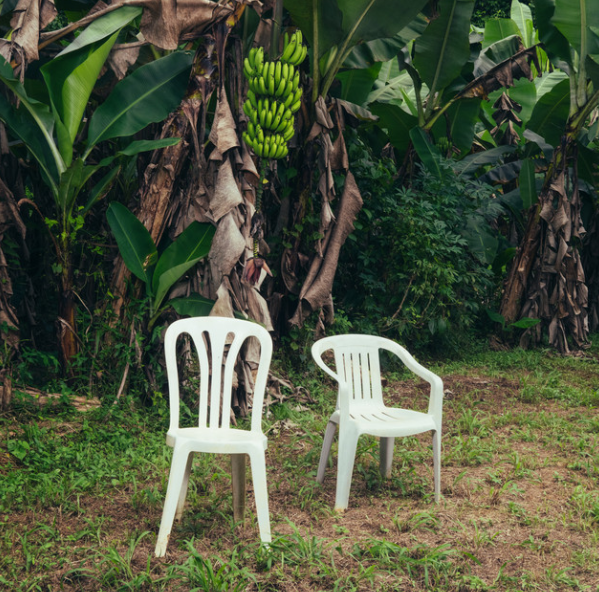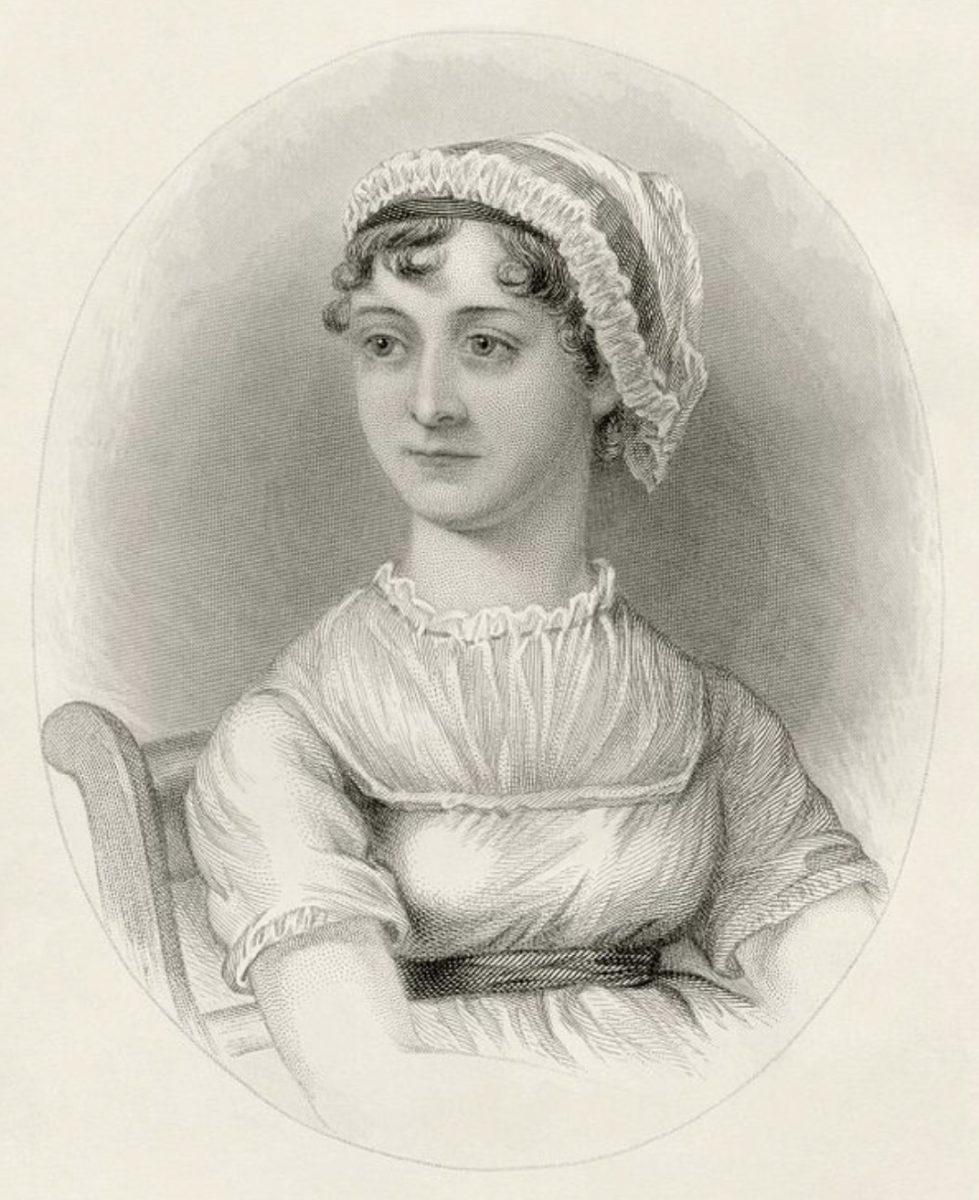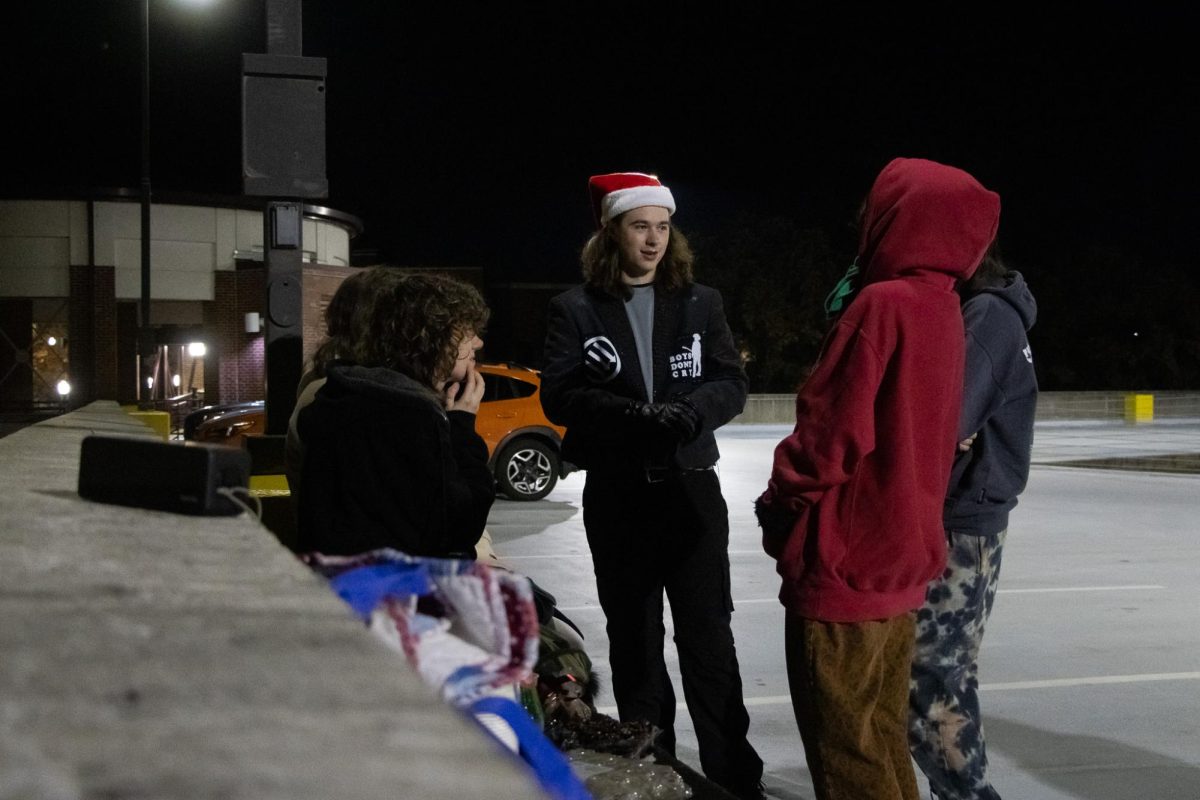Not only is competition the perfect way to get people involved, but it can have a positive effect on the community. This month, the University wanted its students living in residence halls to challenge themselves by conserving energy.
From Sept. 11- 24 the residential halls competed to use the least amount of energy, and the residential building with the highest energy reduction amount was Ridgecrest West. So, what habits are UA students using to conserve energy?
Bella Galavotti, a freshman majoring in aerospace engineering, shared the new habits she formed during the competition, such as using shower timers and turning lights off.
“Because I am the last one in my dorm room to go to bed, I ensure all the lights are off to conserve energy,” Galavotti said.
RAs are good resources to find out how to save energy in the residence halls. They also happen to notice whether or not students are using these tips. Helen Fleming, a senior majoring in environmental science, is a Ridgecrest South RA and talked about the competition.
“I think that the transition to college is a great time to gain awareness about energy consumption and individual responsibility,” Fleming said. “I’m not sure there’s a ton of momentum among students to actually pursue a win in the competition, but that’s maybe more a fact of everyone’s busy schedules and the presence of other priorities than a true apathy.”
Krishna Shah, an assistant professor in the Department of Mechanical Engineering, said his research is focused on sustainable energy systems. When asked about the benefits that can come from a competition like this, he stated that the competition could “teach the students to be more responsible in their energy consumption and cultivate habits that will reduce their energy and carbon footprint.”
Our carbon footprint is the greenhouse gases emitted by our actions. Reducing our carbon footprint is important because it can boost public health, and work toward fixing damage to the planet. It’s unreasonable to give up technology and appliances that make everyday lives easier. However, there are ways to use them and limit the damage they create.
“We can reduce our energy waste or use energy more efficiently in many ways,” Shah said. “We can use energy more responsibly by taking some very simple actions such as setting thermostat temperature not too low (at least >70F) in summer and not too high (at least <75F) in winter, turning off lights and other power consuming devices when not needed, periodically changing HVAC air filter, removing lint from laundry dryer after every load, avoiding small laundry loads, avoid vehicle idling, when possible, etc.”
The University of Alabama is taking a step toward a brighter and healthier campus by creating this competition. Hopefully students will continue these habits throughout the year, and even the rest of their lives.









